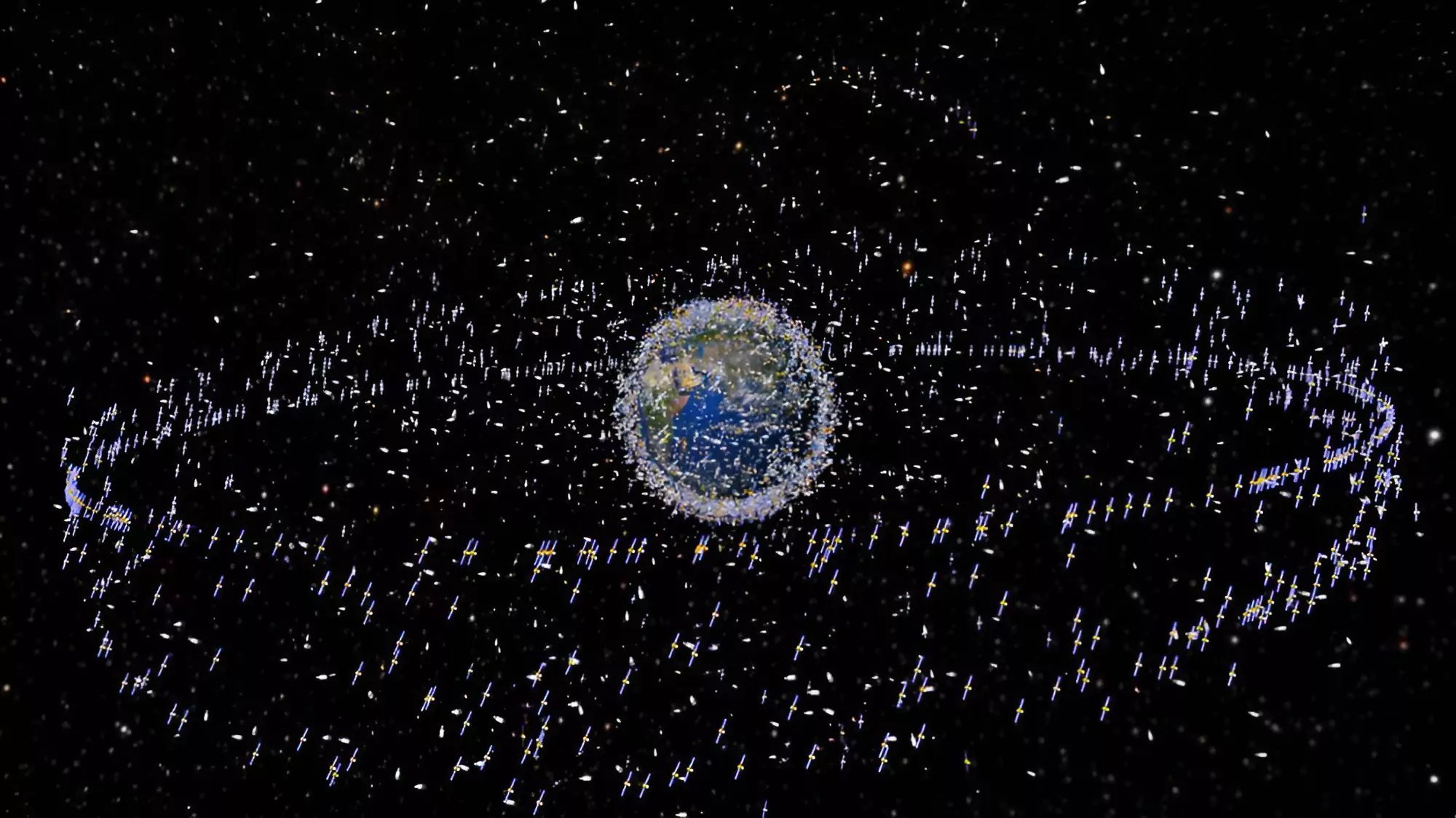Context

Recently, Indian Space Research Organisation (ISRO) attained a significant milestone in space debris reduction, stating that its PSLV-C58/XPoSat mission left Zero debris in Earth’s orbit.
PSLV Accomplishes Zero Orbital Debris Mission
- ISRO achieved this milestone by repurposing the last stage i.e. 4th stage of the PSLV, into the PSLV Orbital Experimental Module-3 (POEM-3), effectively transforming it into an orbital station.
PSLV Orbital Experimental Module-3 (POEM-3)
- It is a three-axis altitude-controlled platform with power generation and telemetry & telecommand capability for supporting payloads.
- Developed by: Vikram Sarabhai Space Centre (VSSC)
- POEM-3’s Accomplishments
- In the PSLV C-58 mission, POEM-3 successfully deployed the XPoSat satellite in a 650 km orbit.
- Subsequently, the fourth stage of the PSLV/POEM-3 was maneuvered to a 350 km circular orbit before re-entering Earth’s atmosphere upon completion of its payload objectives.
Enroll now for UPSC Online Course
Significance of POEM-3’s Achievement
- Technological Innovation: It demonstrates commitment to innovative space debris management and sustainable exploration solutions.
- ISRO’s accomplishment is crucial in light of the growing concern over space debris.
- Environmental Impact and Safety: POEM-3’s re-entry minimized space debris accumulation, preserving the space environment.
- With a rising number of objects in space, the risk of collisions and the creation of further debris, known as the ‘Kessler syndrome,’ poses a significant threat to space assets.
- Therefore it will help address concerns over satellite and debris proliferation, especially in low Earth orbit (LEO).
- Global Recognition: Knowledge Sharing Insights from POEM-3’s mission outcomes are valuable for international space agencies and other similar organizations.
International Regulatory Framework
- Currently there are no specific international laws addressing debris in Low Earth Orbit (LEO), most space-faring nations adhere to Space Debris Mitigation Guidelines 2002, endorsed by the United Nations in 2007.
- Efforts by Various Space Agencies:
- NASA Orbital debris program since 1979.
- ESA: Zero debris charter with the goal of achieving zero space debris by 2030.
- Japan: Commercial Removal of Debris Demonstration (CRD2) and
- China: Debris Removal through spacecraft with solar sails.
- ISRO: Project Netra, for early warning systems in space to detect debris & hazards to Indian satellites.
- Apart from the POEM missions, ISRO has set up a Space Situational Awareness Control Centre to protect its high-value assets from close approaches and collisions with inactive satellites, pieces of orbiting objects, and even near-earth asteroids.
Also Read: ISRO Pushpak Viman: Reusable Launch Vehicle (RLV)
![]() 12 Apr 2024
12 Apr 2024
